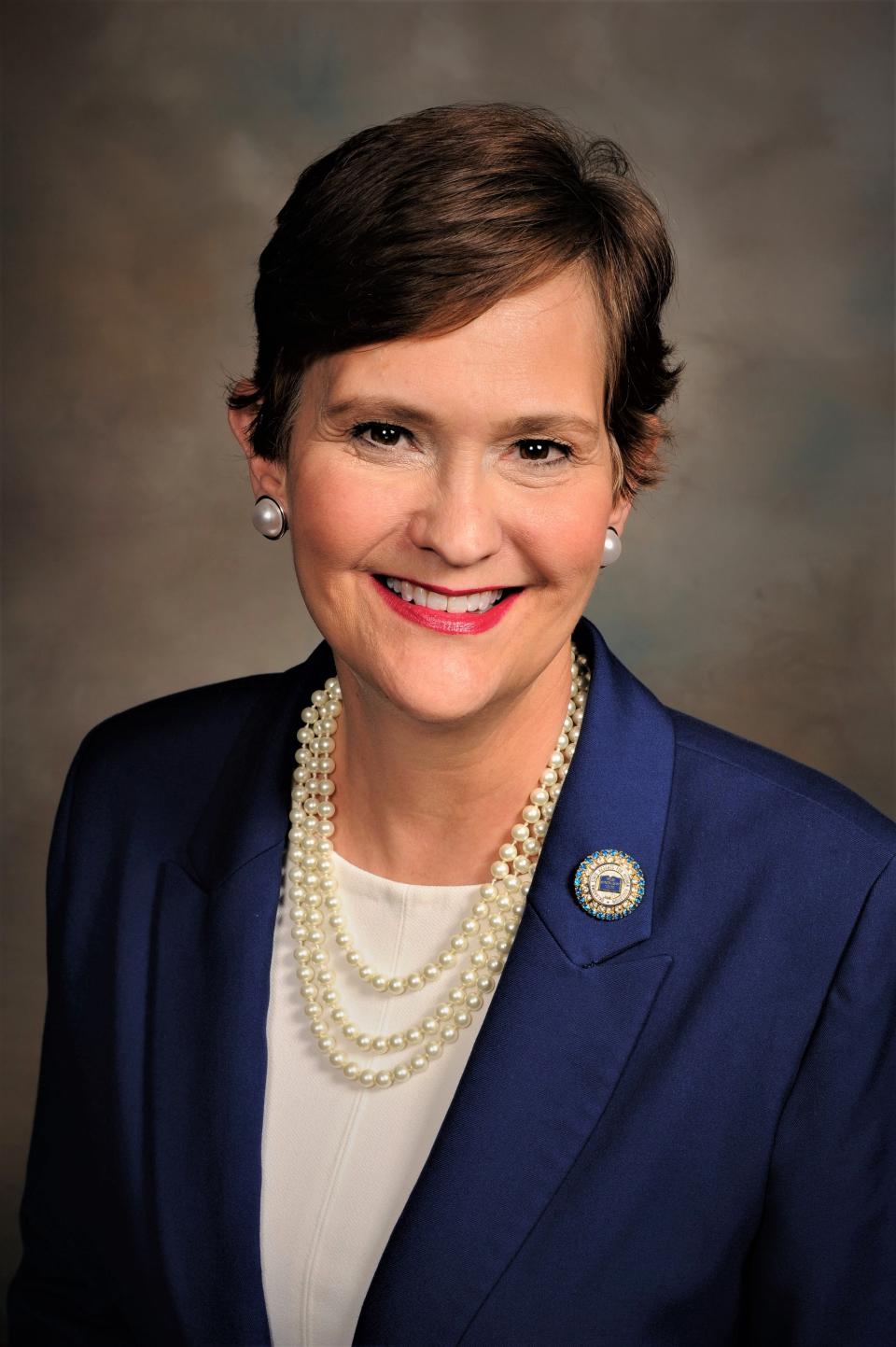Guest: Oklahoma's workforce demands require investments into young people
When my children were young, their career aspirations varied, sometimes weekly. There are few openings for princesses or drivers of a giant hot dog. Over time, their aspirations better aligned with actual employer needs. In Oklahoma, we need many more teachers, nurses, doctors, computer scientists and engineers, and we need them now.
College graduates earn more money. A correlation exists between the number of Oklahomans with college degrees and the state’s average per capita income. Nationally, earnings growth for college graduates nearly equals the total gain in earnings since 1994. In Oklahoma, most of our 100 critical occupations require an associate’s degree or higher. Despite an 11% increase in degree production over the last decade, Oklahoma ranks 45th in the nation for adults with an associate’s degree or higher.
Meeting our state’s workforce demands requires continued investment in young people and higher education. Oklahoma faces a crisis, needing more college graduates in health care and STEM fields. While bachelor’s degrees in STEM disciplines increased 47% and health professions degrees increased more than 26% over the last decade, severe shortages persist in these sectors.
The Oklahoma State Regents for Higher Education approved a Fiscal Year '24 budget request seeking an increased investment of 11.9% over our current appropriation. Funded at that level, our average per-pupil funding will still remain below the national average. Yet cost of attendance at our public universities is significantly lower than our national and regional peer institutions.
Our budget request includes strategic investments to expand capacity in nursing education and physician residency programs to address the state’s shortage of nurses and doctors. Funds also will support efforts to increase enrollment and graduation in STEM disciplines, such as engineering and computer science.
To increase the number of degree holders, Oklahoma must maintain college affordability, increase college access and offer needed student services. Investing in financial aid programs and student retention services are crucial strategies for student success.
The state regents’ budget request reflects ongoing support to expand the National Guard Educational Assistance scholarship program and the Oklahoma Future Teacher Scholarship and Employment Incentive Program (“Inspired to Teach”). Additionally, funds are earmarked to fully fund the concurrent enrollment program for high school juniors and seniors, which strengthens student preparation, reduces college costs and decreases the time required to complete a degree. Investment is also needed to provide incentives for adult students to complete a degree they started or pursue an industry-recognized micro-credential or certificate.
The state regents are requesting funding for performance-based college and university allocations to address operational needs and support strategic collaborations and shared services. Investments in data analytics, digital transformation and cybersecurity will continue, and our budget request reflects capital funding for upgrades to enhance campus safety, including the demolition of unsafe, obsolete facilities.
States with an educated workforce have more diversified and stronger economies. The Georgetown Center for Education and the Workforce reports that associate and bachelor’s degree holders earn a median income 25% and 75% higher, respectively, than those with only a high school diploma. Investing in higher education drives economic opportunity for Oklahomans and attracts high-wage employers, creating vibrant communities across our state.
We are thankful for the support public higher education received last year. The state’s continued investment in tomorrow’s workforce is a catalyst to forge a better, brighter future for Oklahoma.

Allison D. Garrett is chancellor of the Oklahoma state system of higher education.
This article originally appeared on Oklahoman: For Oklahoma students' success, higher education must be accessible

